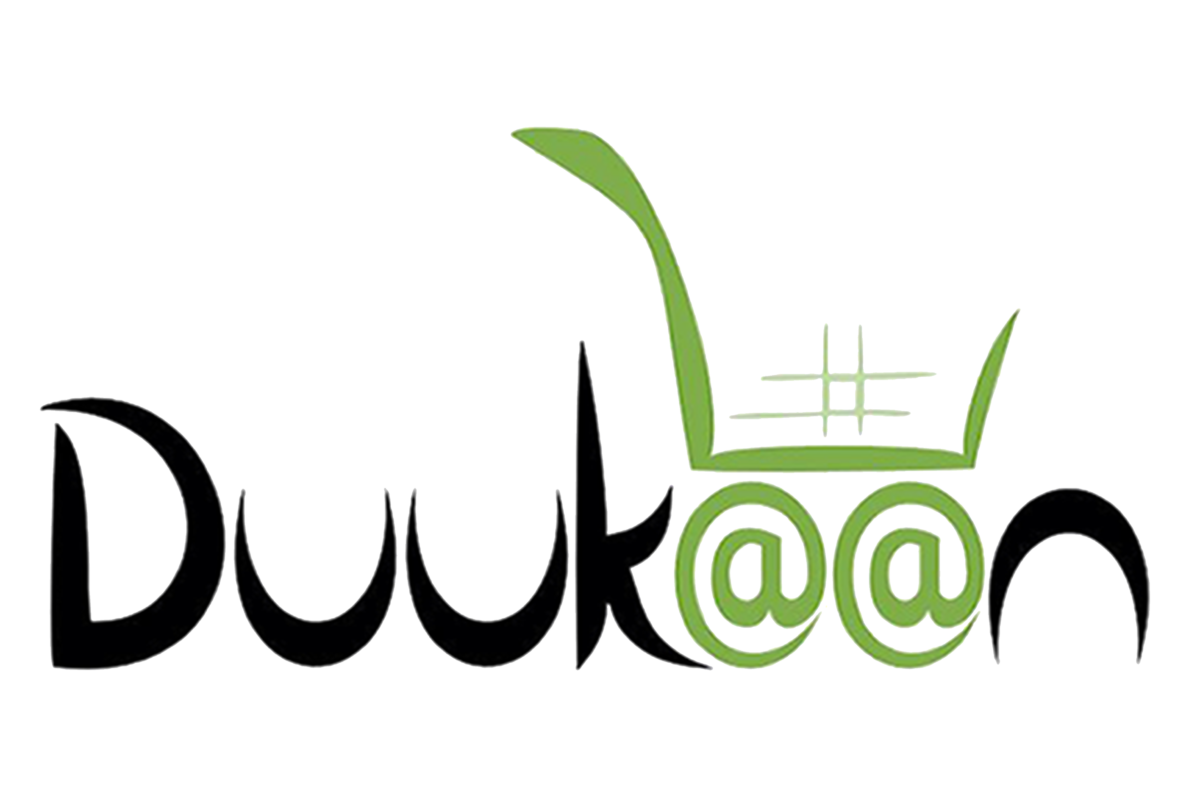Sober living
Addiction Relapse: Risk Factors, Coping & Treatment Options
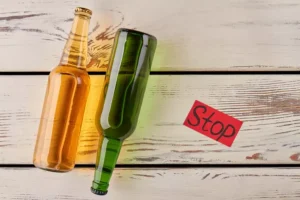
You need to manage what to do after a relapse your emotions more effectively in order to cut out this stage. However, the simple act of ignoring your emotions, and the difficult circumstances that you are dealing with can actually be the primary stepping stone to relapsing later on. This is because a relapse can occur well before a person even picks up a drink. These will usually happen whether you traditionally relapse, or if you were to freelapse. However, a relapse is when the person makes a full return to drinking again. As a recovering addict, it is expected that you would be fearful of your recovery not lasting forever.
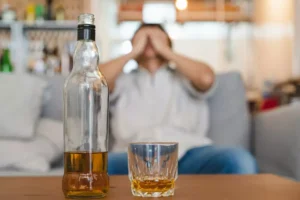
Coping With a Relapse
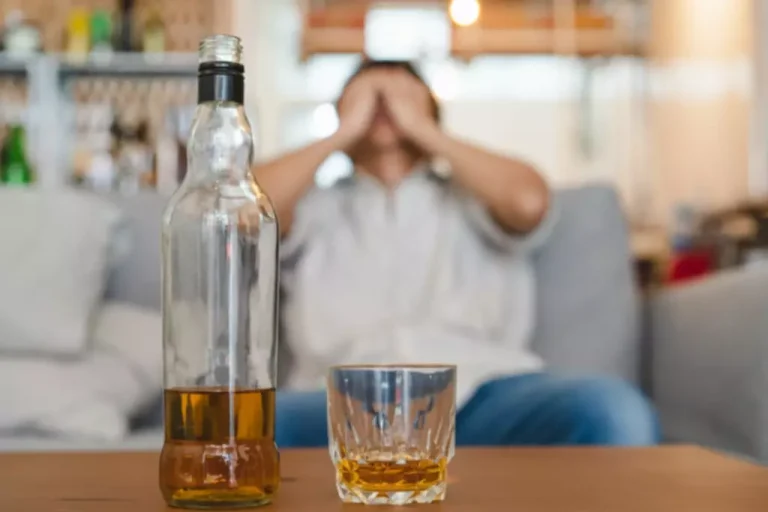
They’re constantly practicing coping skills, stress-relief techniques and healthy habits. The recovering brain is susceptible to depression, anxiety and other mental health issues. Using drugs or alcohol can seem like the easiest way to feel happy or normal. Loneliness and a lack of social support can also make alcohol or drug use more appealing. Restoring normal brain function is difficult, which is why many people relapse during recovery. Depending on the duration and severity of a person’s addiction, it can take months or years of abstinence for the brain to recover from substance abuse.
- Thankfully, there’s a step-by-step process that can help you do just that.
- It should also ensure that you have a good support system, in your family and friends.
Do I Need to Go Back to Treatment?
Relapse prevention plans should be easily accessible and realistic. A relapse prevention plan can be a list of reminders written on a note or mobile app. Or it can be a journal or workbook where you develop a comprehensive list of risky scenarios and the corresponding actions to take to maintain sobriety. However, people who slip and don’t seek help often experience a physical relapse.
- You might leave the theater feeling frustrated, uncomfortable, and disappointed in yourself—but you shouldn’t.
- If you are struggling with mental urges, and find yourself in the first stage of relapse, talk to someone.
- Incorporating new coping strategies into a recovery plan is crucial for managing stress, which is often a relapse trigger.
- And then one night, a coworker asks you to grab a drink after work.
What is the Difference Between Sobriety and Recovery?
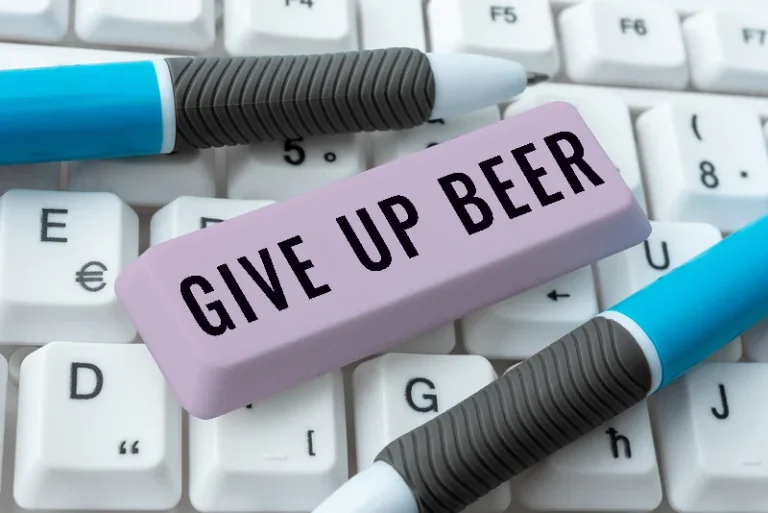
Less-intensive treatment may be an option if this is your first relapse and you are in good physical and mental health, are not at risk for severe withdrawal, and have a sober support system in place. Your treatment team can help you decide whether inpatient, outpatient, or other treatment options are more appropriate for you. The addiction cycle isn’t a vortex whirlpool-ing you to despair. It can be broken at any point, no matter how many times you’ve spun through it or how long you’ve been spinning. A person may find it helps to remember the negative emotions or physical sensations they felt when using drugs or alcohol.
- In addition to seeking professional treatment, you might consider joining a 12-step program or other mutual support groups.
- And you still have a greater understanding of the nature of addiction and know the steps you need to take to sustain your recovery from here on out.
- Knowing what will trigger you to reach out to addictive coping mechanisms is crucial to stopping relapses in the future.
Over time, addiction makes it harder to enjoy activities outside of substance use and get sober on your own. Alterations in the reward pathway can last for months or years after a person achieves abstinence, increasing the likelihood of continued use and relapse, even after a period of abstinence. Recovery from a substance use disorder is a lifelong journey, and sometimes setbacks are simply part of the process. Relapse can feel devastating, especially if you’ve worked hard to achieve a long period of sobriety.
Understanding Alcohol Relapse
For those in recovery from alcohol use disorder, rates of relapse are as high as 90 percent. Relapse is a multifaceted issue influenced by various factors, including psychological, social, and environmental triggers. It’s essential to recognize that relapse is a process rather than a single event.
Sustaining Recovery After Relapse: Strategies for Consistency and Self-Care
While you may not have all the answers right now, retaining a strong desire to move past this is vitally important to your recovery. It’s also important to make sure we are getting enough sleep, eating healthily, and paying attention to our emotions. Staying involved with our accountability team and the activities that help keep us accountable is necessary. We also need to make sure we are having some sober fun in our lives. Instead of sitting down with some self-help books, you would be better off doing whatever you can to distract yourself.
Whether you’ve been sober for 3 days, 3 weeks, or 3 years, a relapse is never out of the realm of possibility. Addicts and alcoholics can be their worst enemies, mainly because they are so incredibly hard on themselves. They speak to themselves in ways they would never speak to another human being.
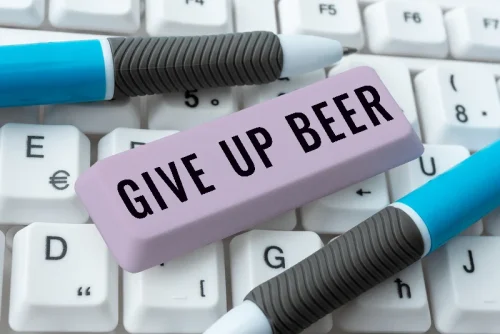
Take the Next Step…
Reestablishing a network of supportive relationships is a pivotal step in recovery after a relapse. The process involves both repairing existing relationships damaged by addiction and forging new, healthy connections that promote sobriety. Medication plays a critical role in supporting individuals through the addiction recovery process. It serves various functions, from managing withdrawal symptoms to maintaining long-term sobriety. It is essential to understand that slips and relapses can happen, but their impact on recovery differs. A slip does not have to spiral into a relapse if it is addressed promptly and used as a learning experience to strengthen one’s recovery plan.
